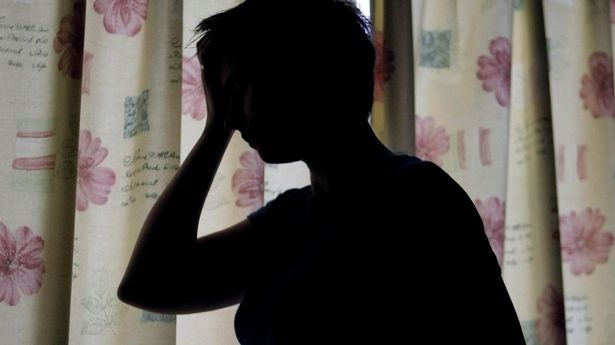
“Two fighters of the terrorist faction came to my house and demanded food but I told them I had nothing. They went away and came back with potatoes. They ordered me to boil them; and they ate.
Then they told me to boil some water and after I did that. They did not stop there. Rather they asked me to prefer one from the two worst things “which one do you prefer – that we put your baby in boiling water or to make love with us?” I was terrified that they would hurt my baby.
I still have nightmares about it. After they raped me they destroyed my notebooks and my study material.
They also threatened to shoot me and my mother-in-law.” A 21-year-old university student and a mother of an eight-month-old baby girl from Boza area, in Amhara State, Elsa uttered the above heartbreaking statement when interviewed by The Amnesty International. The University student was raped by two Tigrayan fighters at her home where she lived with her mother-in-law.
Since July 2021, where the Tigrayan fighters had full control over parts of the Amhara State, the Amnesty International report said that TPLF have committed widespread rape and other forms of sexual violence against ethnic Amhara women and girls in several villages around Chenna, in Amhara State. Sadly, the sexual violence was said to be
accompanied by shocking levels of brutality, including beatings, death threats, and ethnic slurs. Fourteen of the 30 women and girls interviewed by Amnesty International in and around Chenna were raped by multiple perpetrators, two in front of their children.
Seven are below 18 and two as young as 14, as to the report. Emphasizing that, the 30 cases investigated by Amnesty International are not isolated, the report underlined that they seem to be part of a pattern of similar violations repeatedly perpetrated by large numbers of Tigrayan fighters in different locations.
It further highlighted that, the abuses were underreported due to stigma within the survivors’ communities, challenges in accessing the locations, and communication blackouts that restrict and delay the flow of information. It further highlighted that the abuses were underreported.
“The cases of rape and sexual violence documented are serious violations of international human rights and humanitarian law, and constitute war crimes, and given the nature, scale, and gravity of the violations committed — may amount to crimes against humanity”, it was stated.
Besides the emotional distress that often made worth by the reaction of their husbands and families, survivors have also suffered from physical and mental trauma resulting in depression, insomnia and anxiety.
To the worst of the situation, several women said that, their husbands had left them and others said that, they feel unable to tell their husbands and/or their families about having been raped. Some said they could no longer live in their villages because of the stigma, the report indicated.
As to the medical doctors and social workers who provided medical care to these rape survivors, several survivors suffered severe and long-term physical and psychological damage, remained hospitalized, developed rectovaginal and other fistulas, contracted sexually transmitted diseases, and got pregnant from the rape. Most of them were raped in their homes and in nearby fields by Tigrayan fighters who had forced them to provide food and cook for them.
The sexual violence was accompanied by ethnic slurs, degrading remarks and threats, or comments. Survivors said that, they were assaulted as Tigrayan forces had lost territory and men were in battles with local Amhara forces and militias.
Moreover, they were only able to receive medical care after the Tigrayan forces left the area and they could reach hospitals in government-controlled areas. They also said that, the very basic medical facilities which existed in and around their villages were mostly not functioning because the fighters had looted them and partly because the staff had fled.
The clinics in Zarima and Boza areas had been looted and vandalized, thus survivors had no access to medical facilities within necessary time frame to receive crucial post-rape care.
Sadly, all the rape survivors said that they only managed to receive medical care after Tigrayan forces withdrew from the area and they could reach government-controlled areas, where there are functioning hospitals, weeks after they were raped.
They said that after the Tigrayan forces left the area, social workers from the regional health authorities visited their villages to seek out rape survivors and arranged their transfer to hospitals in Debarek, Bahir Dar and Gondar, where they underwent tests and received medical care, the report stated.
BY BETELHEM BEDLU
The Ethiopian Herald 24 February 2022





